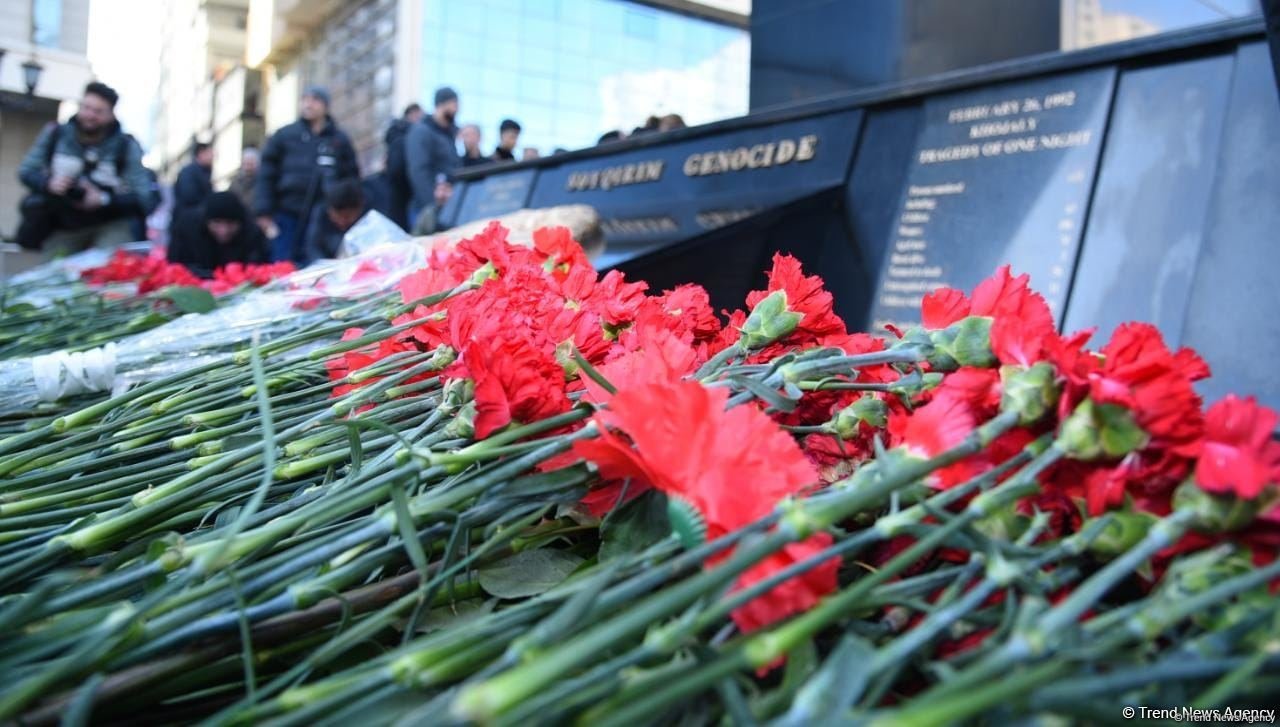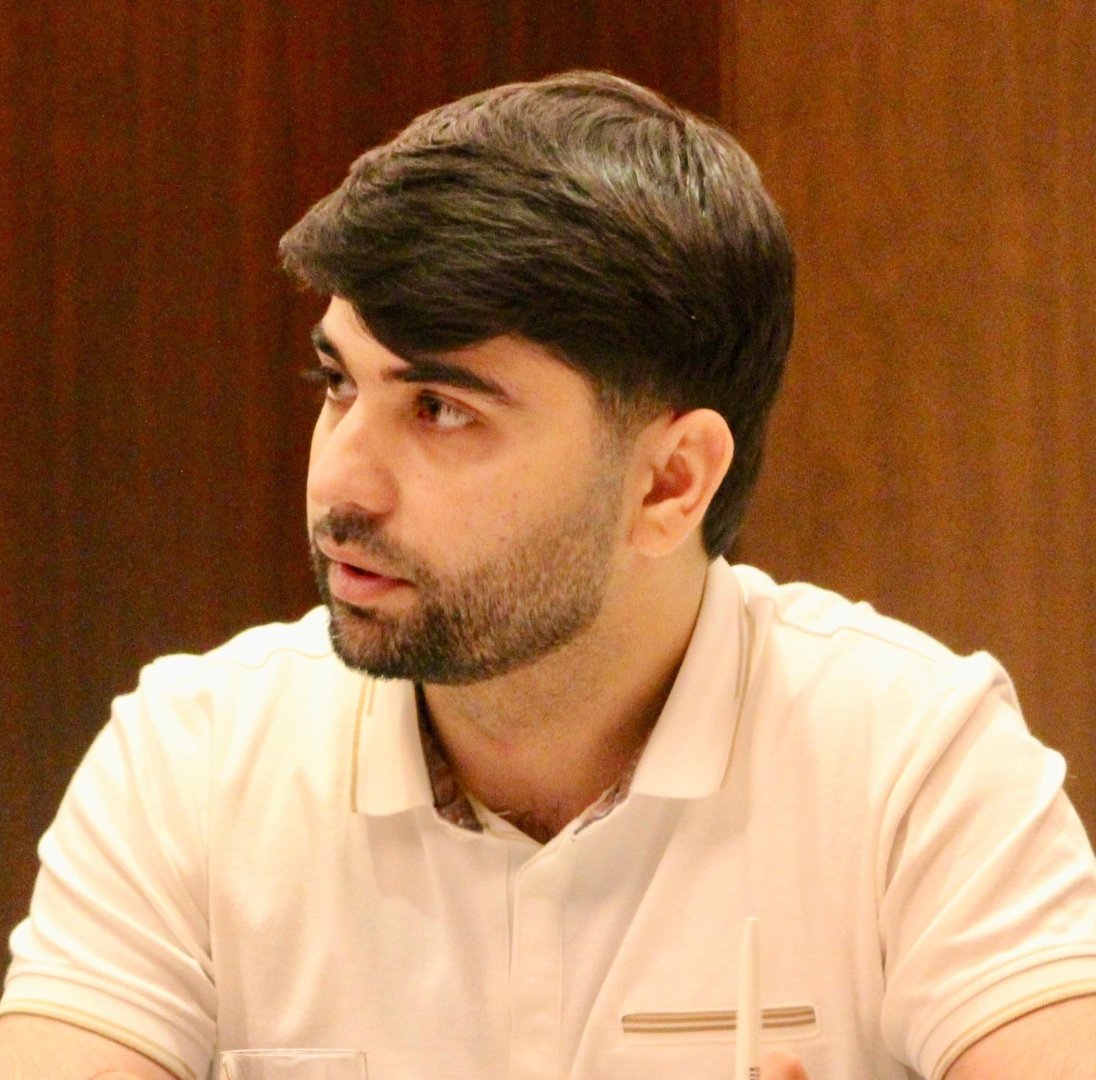BAKU, Azerbaijan, February 26. Exactly 33 years ago, one of the most horrific crimes against humanity took place - the Khojaly genocide. On the night of February 26, 1992, the Armenian armed forces, in collaboration with the 366th Motorized Rifle Regiment of the former Soviet army, brutally killed 613 civilians in Khojaly. Among the victims were 63 children, 106 women, and 70 elderly people. Eight families were entirely wiped out, with 25 children losing both parents and 130 others losing one parent. Additionally, 1,275 people were taken hostage.
The Khojaly genocide is a tragic chapter in the larger, systematic campaign of terror by Armenians against Azerbaijanis, a policy that began long before the massacre in 1987. Initially, it involved administrative oppression of Azerbaijanis in Khankendi and Yerevan. As time went on, this evolved into armed attacks on Azerbaijani settlements, resulting in the forced deportation of Western Azerbaijanis from their homeland. The violence escalated with more brutal assaults on unarmed Azerbaijanis.
The Armenians carried out massacres in the village of Baganis Ayrim in Gazakh, near the Armenian border, followed by further attacks in various Azerbaijani villages such as Imaret-Garvend, Tugh, Salaketin, Akhullu, Khojavend, Jamilli, Nabiler, Meshali, Gasanabad, Kerkijahan, Gaibali, Malybeyli, Yukhara, and Ashaghi Gushchular. These villages in Karabakh saw brutal killings of civilians. Other massacres took place in Garadaghly (February 17, 1992), Agdaban (April 1992), Balligaya (August 1992), and Bashlybel (April 1993). From the late 1980s to the early 1990s, Armenians systematically carried out crimes against Azerbaijanis.
Armenian authorities provided both financial and military support to the forces responsible for these atrocities. Eventually, Armenian officials admitted to these crimes against Azerbaijanis.
Retribution for Khojaly came on the battlefield during the 44-day war, which ended with Azerbaijan’s Victory under the leadership of President Ilham Aliyev. Despite the fact that the Armenians continued their policy of terror against Azerbaijani civilians during both the First Karabakh War and the 44-day war, Azerbaijan's Army refrained from harming civilians, instead avenging Khojaly on the battlefield.
The Khojaly genocide became one of the most terrible and tragic pages of Azerbaijani history.







